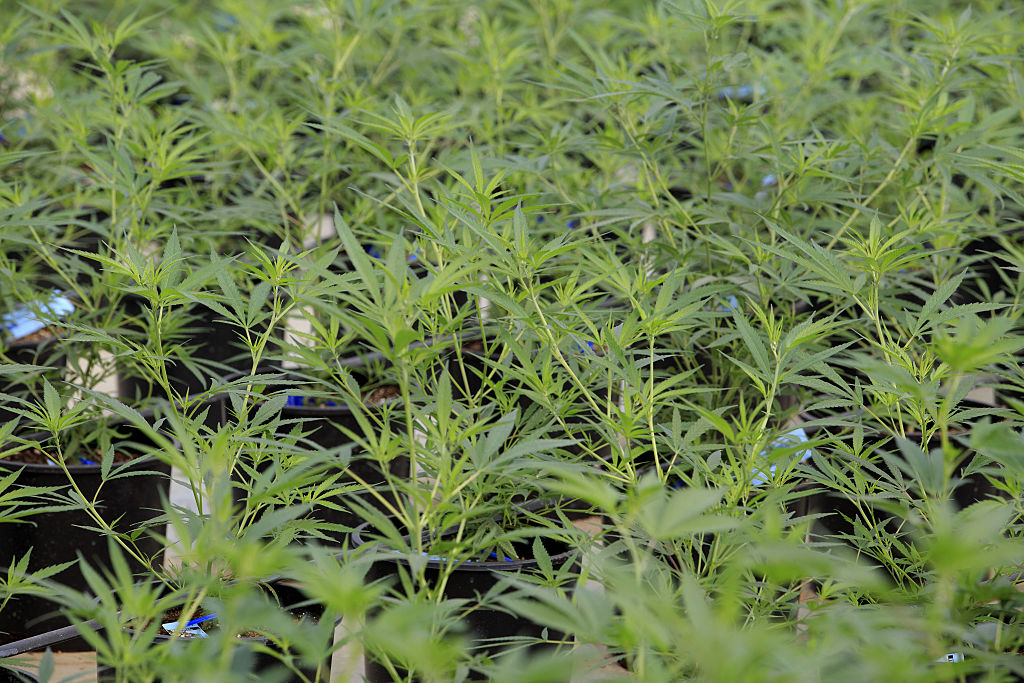
Legal marijuana has become a big business for Colorado, with an impact of $2.39 billion in 2015 alone, according to a report released this week.
The cannabis industry is the fastest-growing business sector in the state, funding more than 18,000 direct and secondary full-time jobs in 2015, according to a report from the Marijuana Policy Group, a Denver-based research firm that consults on marijuana policy.
The group anticipates that Colorado’s marijuana industry will surpass tobacco by 2020 as a source of tax revenue.
While the future looks bright for Colorado’s pot industry, there may be a limit on growth that will be tested in the coming years. Cannabis sales are largely driven by buyers shifting from the black market, but the pot industry’s growth will slow down as more states legalize it and illegal sales end, according to the report.
While pot remains illegal federally, it has been legal in Colorado since January 2014.
More Must-Reads From TIME
- The 100 Most Influential People of 2024
- The Revolution of Yulia Navalnaya
- 6 Compliments That Land Every Time
- What's the Deal With the Bitcoin Halving?
- If You're Dating Right Now , You're Brave: Column
- The AI That Could Heal a Divided Internet
- Fallout Is a Brilliant Model for the Future of Video Game Adaptations
- Want Weekly Recs on What to Watch, Read, and More? Sign Up for Worth Your Time
Contact us at letters@time.com